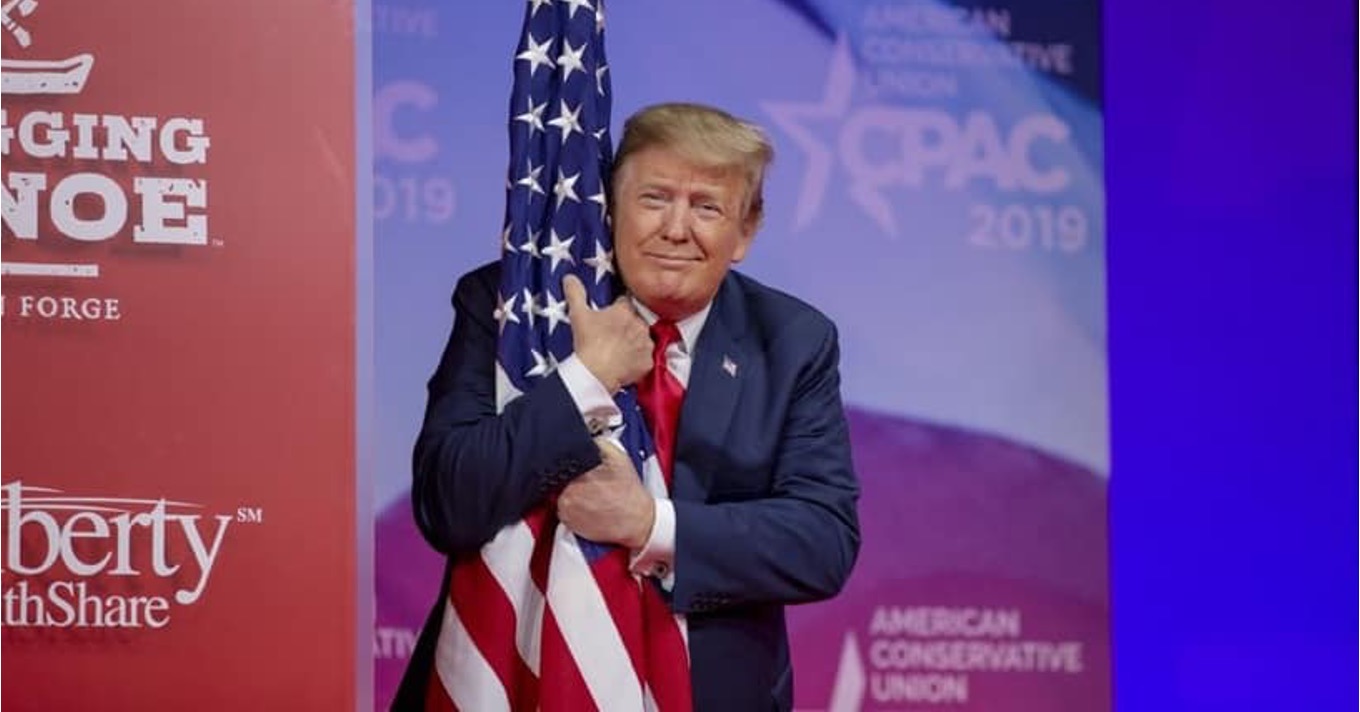The U.S. Supreme Court has decided to hold a hearing for a claim made by former president Donald Trump, in an ongoing trial, that he has absolute immunity to legal liability for actions undertaken while he was in office.
On Feb. 29 (Singapore time), the Supreme Court announced that it would take up Trump's case.
Trump made his claim of immunity from prosecution in a trial on charges of conspiring to overturn his loss in the 2020 presidential election in order to remain in power.
The indictment
The four-count indictment charged the former president with conspiracy to defraud the U.S. government, among others.
It alleged that Trump conspired with external lawyers to advance lists of fake electors in states that Joe Biden won, in order to falsely claim that Trump had won them instead.
The indictment also cites former vice president Mike Pence, alleging that Trump pressured him to reject the electoral votes that would certify Joe Biden's victory.
The Trump team claimed that this case amounted to "election interference", as Trump is currently on track to secure the nomination for the Republican Party, and therefore stand as their presidential candidate in the November 2024 election.
To avoid any accusation of political bias, Attorney General Merrick Garland, who was appointed by Biden, has named a special prosecutor, Jack Smith, to work on the case.
Garland has also denied under oath any political interference by Biden in the prosecution.
Trial and delay
The trial was initially set for March 3, 2024 in Washington DC, but federal judge Tanya Chutkan announced a delay on Feb. 2 after Trump argued that he should be immune from criminal prosecution now, because he was president at the time of the alleged offences back then.
A federal appeals court considered Trump's claim, and on Feb. 6, handed down a unanimous rejection.
In a 57-page opinion, the DC circuit court held that Trump is not shielded from criminal liability for his role in allegedly attempting to overturn the 2020 election.
NPR reported the three-judge panel as saying:
"We cannot accept that the office of the Presidency places its former occupants above the law for all time thereafter.
(Doing so) would collapse our system of separated powers by placing the President beyond the reach of all three branches."
Appeal to the Supreme Court
Not surprisingly, Trump's legal team appealed the judgement of the DC Circuit Court to the highest court in the land.
The Supreme Court, a nine-member body, currently has three justices that were personally nominated by Trump during his presidency.
They are Neil Gorsuch, Brett Kavanaugh and Amy Coney Barrett.
Political observers have placed them on the conservative-leaning bloc of the court, joining Clarence Thomas (nominated by George HW Bush) and Samuel Alito (nominated by George W Bush). Chief Justice John Roberts, appointed by George W Bush, is considered a "swing vote".
This gives Trump an advantage should the justices decide strictly based on political leanings, as the conservative justices outnumber the three justices considered to be on the liberal bloc.
The Supreme Court has "frozen" Trump's trial until its decision, and has set arguments for April 22, 2024.
This could delay the trial, if there is still to be a trial, until September or October, months before the presidential election in November, the New York Times speculated.
Top image from Donald Trump Facebook page.
If you like what you read, follow us on Facebook, Instagram, Twitter and Telegram to get the latest updates.



